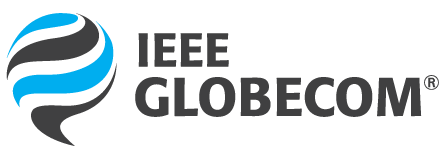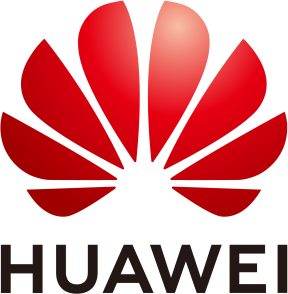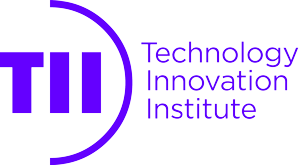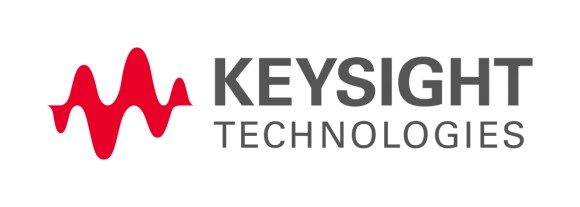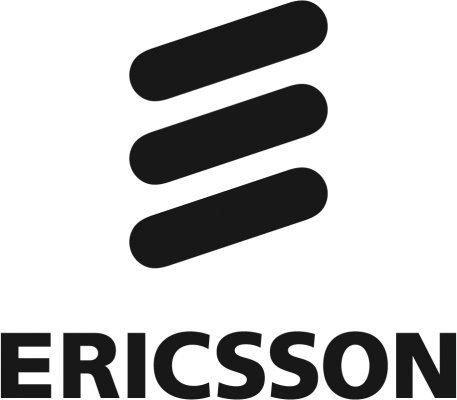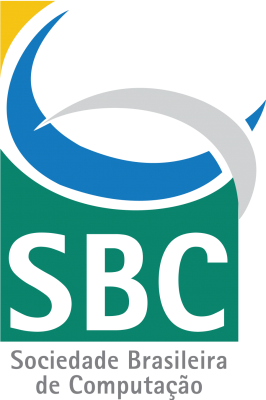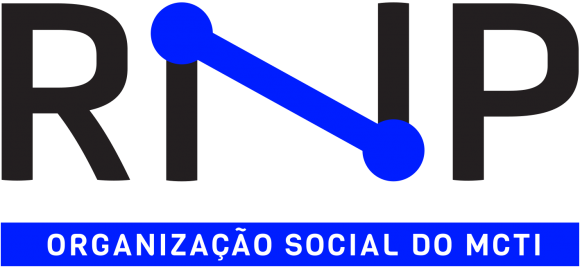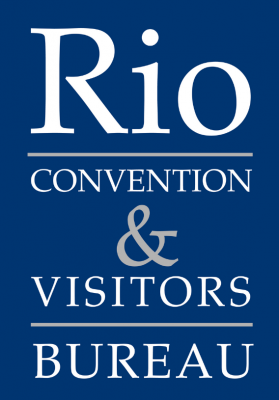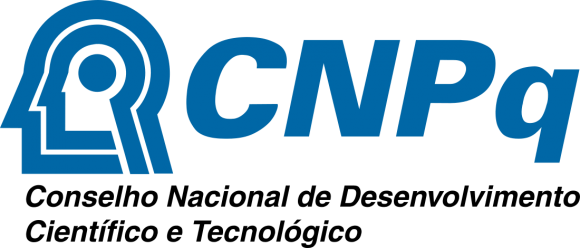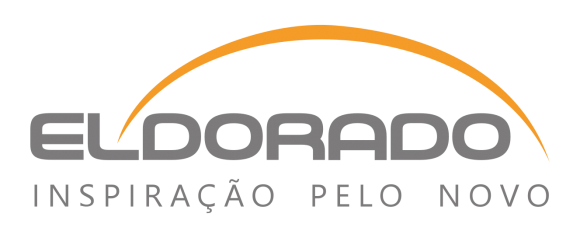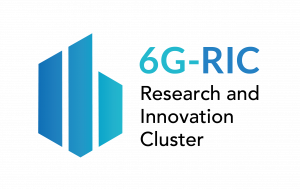SCOPE AND TOPICS OF THE WORKSHOP (Download CFP)
Channel coding is a fundamental component in wireless communication. From 2G to 5G, wireless systems have always adopted state-of-the-art channel coding technologies. For example, convolutional codes for 2G, turbo codes for 3G and 4G, as well as polar and low-density parity-check (LDPC) codes for 5G. In turn, the standardization and applications of state-of-the-art channel coding technologies have accelerated the research and development of channel coding. What will channel coding be as the standards continue to evolve? According to past experiences, channel coding schemes need to deliver performance surpassing previous generations: faster data rates, higher reliability, lower complexity, and lower power consumption. They also need to meet a more diverse range of KPIs that are not present in previous generations. As for 6G, some applications will raise the peak data rate to the Tbit/s level (the current eMBB data plane decoding rate is 10-20 Gbit/s), eliminating the block decoding error floor for URLLC, and improving the short block length decoding performance for mMTC toward the finite-length performance bound. In contrast to past experiences, the channel coding performance now has almost reached the theoretical Shannon limit for an additive white Gaussian noise (AWGN) channel, and Moore’s law almost reached the physical limits. Will future standards follow the same path that led us to where we are now, or take a different path guided by new theoretical foundation or evaluation methodologies? Do we need revolutionary channel coding schemes, or design principles? Many fundamental problems remain open.
This workshop aims at bringing together academic and industrial researchers to discuss channel coding beyond 5G. Topics of interest include but are not limited to:
- Novel design principles and coding schemes toward 6G
- Channel coding requirements and applications for 6G
- Polar coding and decoding
- Probabilistic coding, e.g., turbo, LDPC, etc.
- Joint design of algebraic and polar/probabilistic coding
- High-throughput coding schemes
- Coded modulation and shaping
- Rate matching and HARQ schemes
- Coding and decoding schemes for URLLC/mMTC/etc
- Artificial intelligence/machine learning based coding
- Joint source and channel coding
- Efficient decoding algorithms
- Hardware architecture and implementations
- Testbed and field trials of channel coding schemes
- Performance bounds on coding and decoding
IMPORTANT DATES
- Paper submission deadline:
July 15, 2022August 7, 2022 - Acceptance announcement: September 1, 2022
- Final paper submission: October 1, 2022
SUBMISSION GUIDELINES
The workshop accepts only original and previously unpublished papers. All submissions must be formatted in standard IEEE camera-ready format (double-column, 10pt font). The maximum number of printed pages is six including figures without incurring additional page charges (6 pages plus 1 additional page allowed with a charge for the one additional page of USD 100 if accepted).
